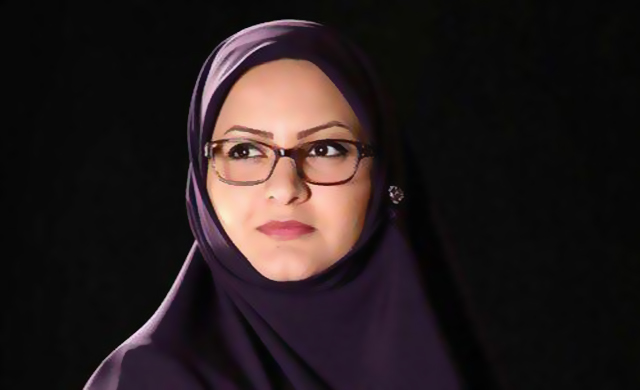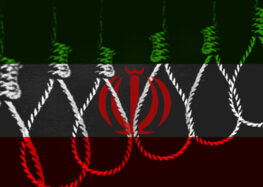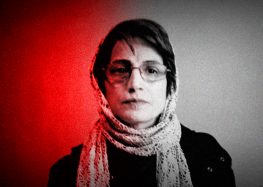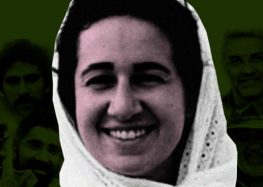Reformists Barred From Isfahan’s May 19 By-Election for Parliament

After disqualifying the initial reformist winner, Iran’s conservative Guardian Council has now barred most reformist candidates from running in the second-round election for Isfahan’s vacant parliamentary seat.
The vote will occur when Iranians head to the polls on May 19, 2017 to elect their new president and city and village councils.
Reformist politician Minoo Khalegi won the February 2016 parliamentary election in Isfahan, central Iran, after receiving the third highest number of votes in the city.
However, the Guardian Council, which vets all candidates, nullified her victory in March 2016 after photos emerged of her allegedly shaking hands with a man during a trip abroad.
Touching a member of the opposite sex who is not a relative is illegal in the Islamic Republic.
Reformist politicians who were approved to run in the first round of the election have been barred from running in the by-election.
“Last year [reformist politicians], including Kourosh Mohammadi, Masoud Hamidi and Alireza Ajoudani, had been approved and were able to stand in the elections for the 10th parliamentary session,” reported the government’s official newspaper, Iran, on April 12.
“Now, Ajoudani, Mohammadi and Hamidi have all been disqualified,” it added.
On the other hand, conservative politicians Hamid Rasaie and Arsalan Fathipour, who were disqualified in 2016, have been approved for this year’s election.
Based on Article 99 of Iran’s Constitution, “The Guardian Council has the responsibility of supervising the elections of the Assembly of Experts for Leadership, the president of the republic, the [Parliament], and the direct recourse to popular opinion and referenda.”
The 12-member body, whose primary mission is to ensure that parliament complies with Islamic laws, consists of six clerics selected by Supreme Leader Ali Khamenei and six lawyers appointed by the judiciary.
With Khamenei and the judiciary both firmly footed in the conservative camp, their representatives in the Guardian Council have rejected numerous reformists in past elections.
After Khaleghi’s disqualification, an unnamed relative was quoted saying that the Guardian Council was handed “personal and private photos that could have only been obtained by hacking her phone.”
“There has been every kind of rumor and immoral talk surrounding me,” said Khaleghi on March 23, 2016 in a statement. “These actions are all aimed at questioning my reputation as a Muslim and as such are punishable according to Sharia law.”






